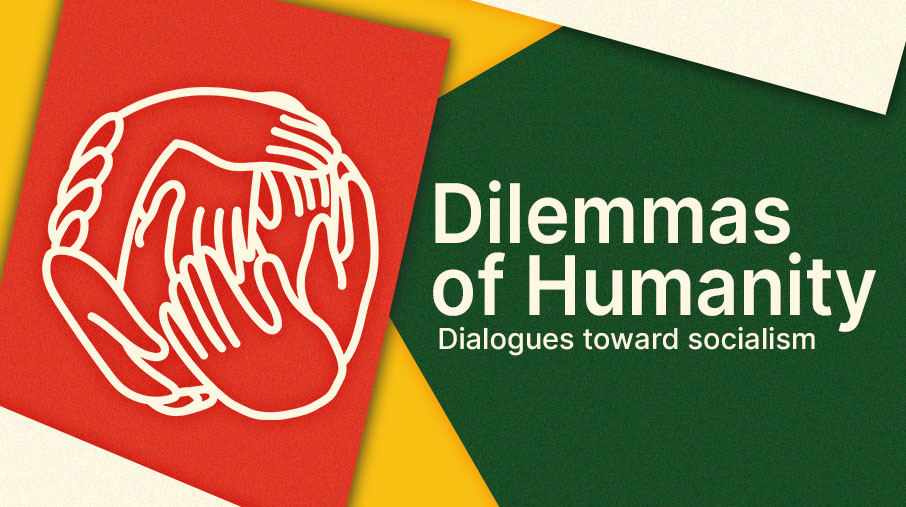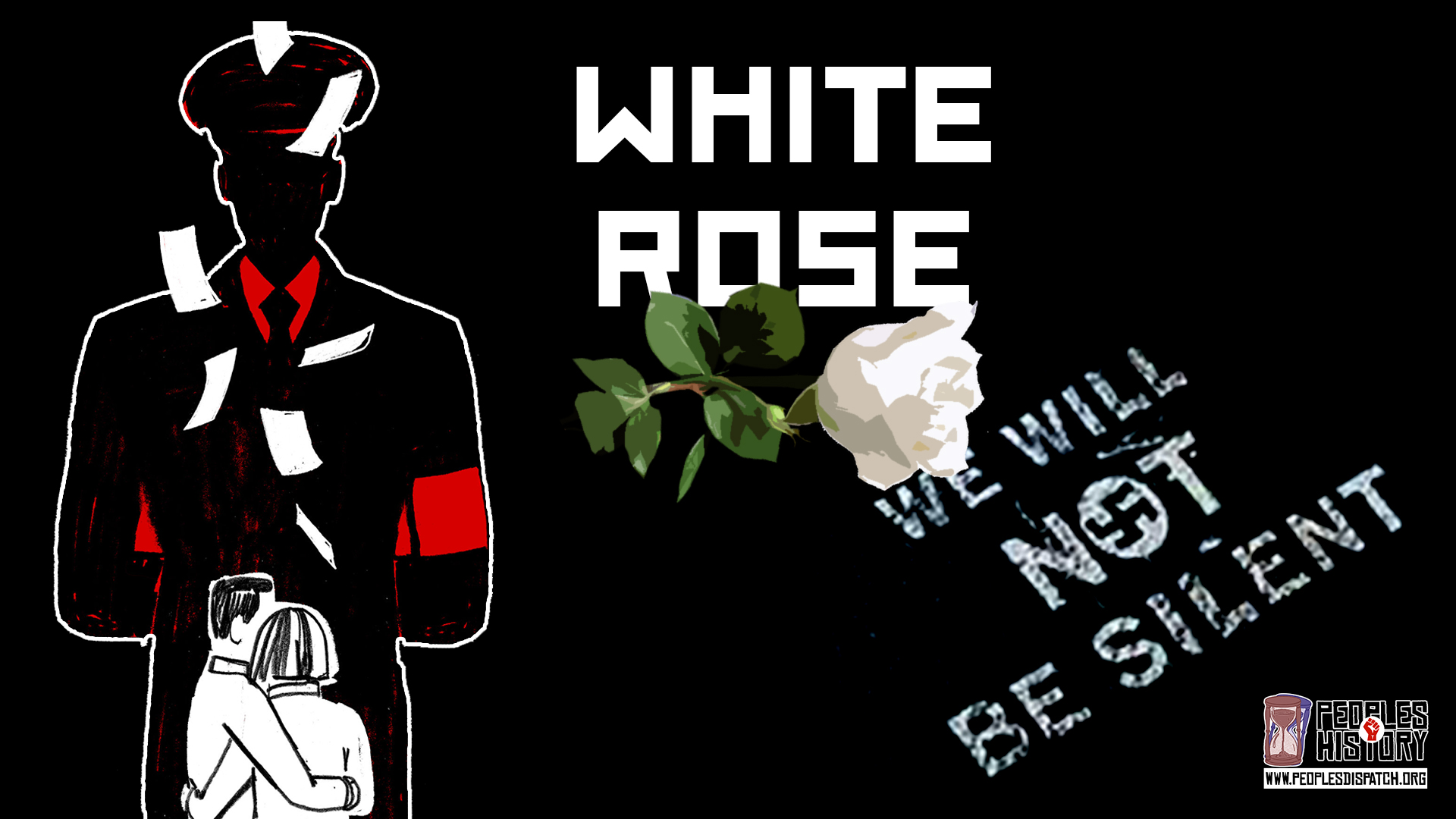 Study throws new light on impact of Great Depression on human DNA
Study throws new light on impact of Great Depression on human DNA
The findings suggest that the economic recession impacted how people would age, even before they are born. The cells of those who were conceived during the Great Depression show signs of faster ageing
 Bubonic plague left a mark on our genomes and it may have a link to disorders
Bubonic plague left a mark on our genomes and it may have a link to disorders
A recently published paper in Nature suggests that marks of the bubonic plague can still be found in genes that are involved in the immune system
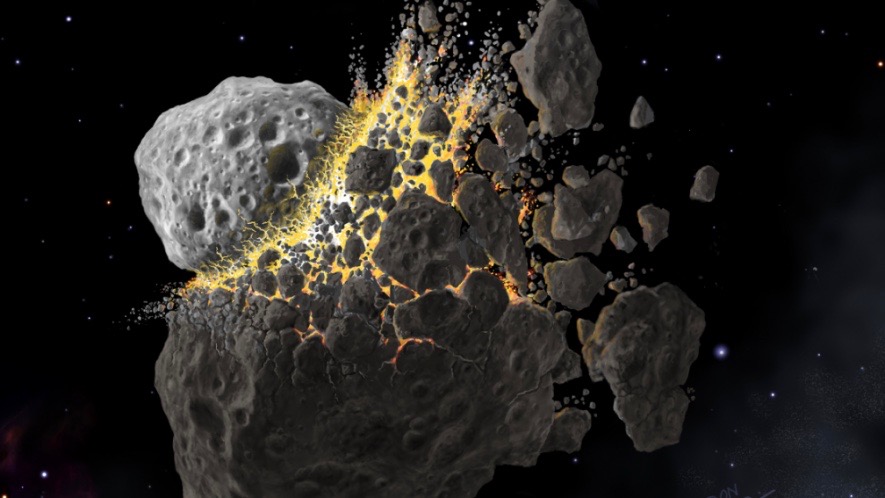 Did seeds of life on Earth come from space? DNA and RNA building blocks discovered in meteorites
Did seeds of life on Earth come from space? DNA and RNA building blocks discovered in meteorites
A recent analysis of space rocks that fell on earth found that they contained all the five building blocks of DNA and RNA
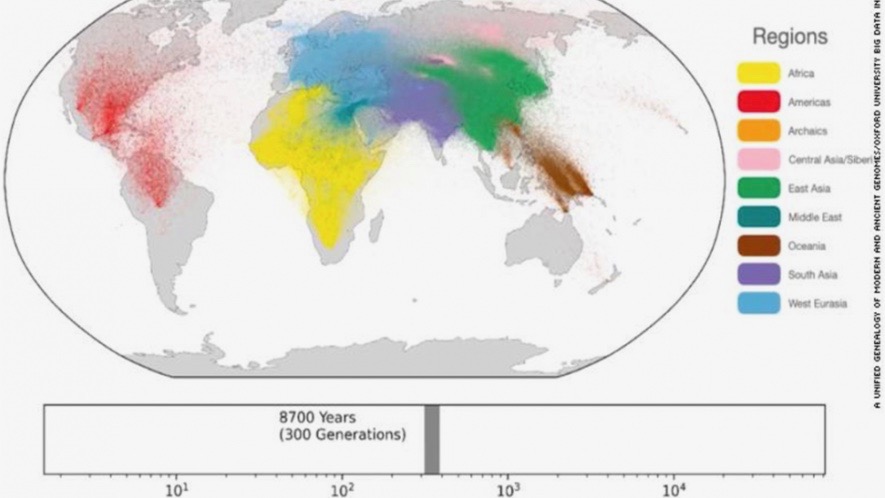 Largest ever human family tree constructed, eases search for ancestry and migration
Largest ever human family tree constructed, eases search for ancestry and migration
Researchers have used genetics to create the largest ever family tree, thus making it possible to find out our distant ancestors and where they lived, along with their relationships to those alive today
 Oldest known human DNA from Africa unveils complex migration
Oldest known human DNA from Africa unveils complex migration
Computer analysis of six individual genomes sheds new light on the movement, lives and relations of people who lived between 18,000 and 5,000 years ago
 Progressive movements warn of right-wing coup against Pedro Castillo and other stories
Progressive movements warn of right-wing coup against Pedro Castillo and other stories
Today we look at ALBA Movements’ statement on the coup attempts in Peru, fuel and medical shortages in Lebanon as the government cuts subsidies, and more
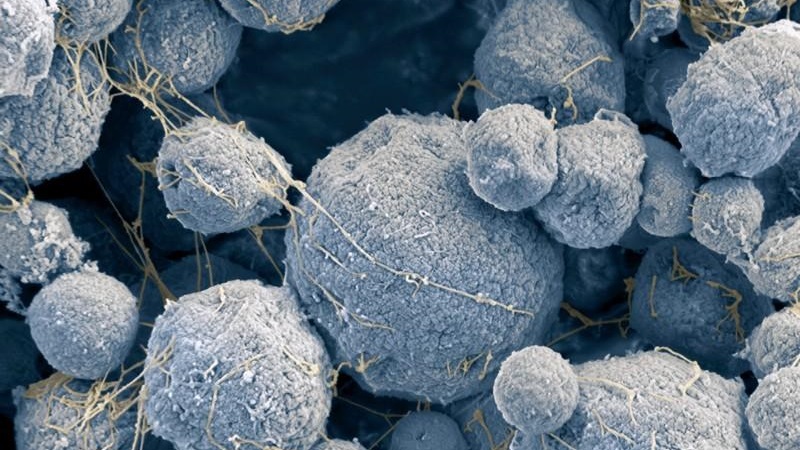 Perplexing ‘Borg DNA’: Can they assimilate genes from other organisms?
Perplexing ‘Borg DNA’: Can they assimilate genes from other organisms?
A geo-microbiologist in the US has found DNA strands in her backyard that were too long to be of a virus and that had indications of containing DNA from other organisms
 New study reveals only up to 7% of the genome is unique in modern humans
New study reveals only up to 7% of the genome is unique in modern humans
Since the ancient period, modern humans have continued to evolve with changes occurring in their DNA. But the question is how unique are we?
 DNA from cave dirt now tells us how ancient humans lived
DNA from cave dirt now tells us how ancient humans lived
Prabir Purkayastha talks about how researchers were able to unearth Neanderthal DNA by excavating cave floors.
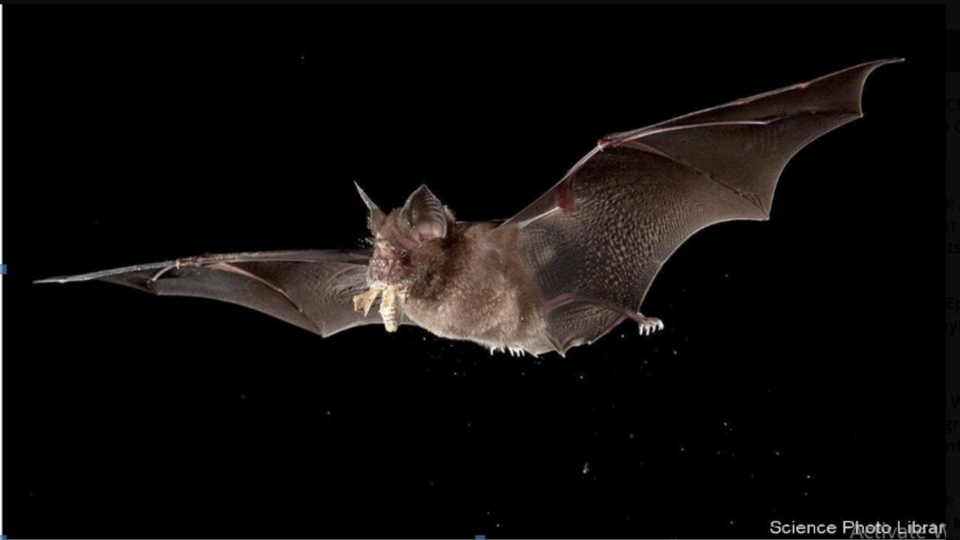 What influences spillover of viruses from birds and animals to humans?
What influences spillover of viruses from birds and animals to humans?
A widely held belief is that the spread of pathogens to humans is more likely from some animals, with particular traits. A new study suggests that there exists a mathematical relation between species diversity and virus spillover to humans



